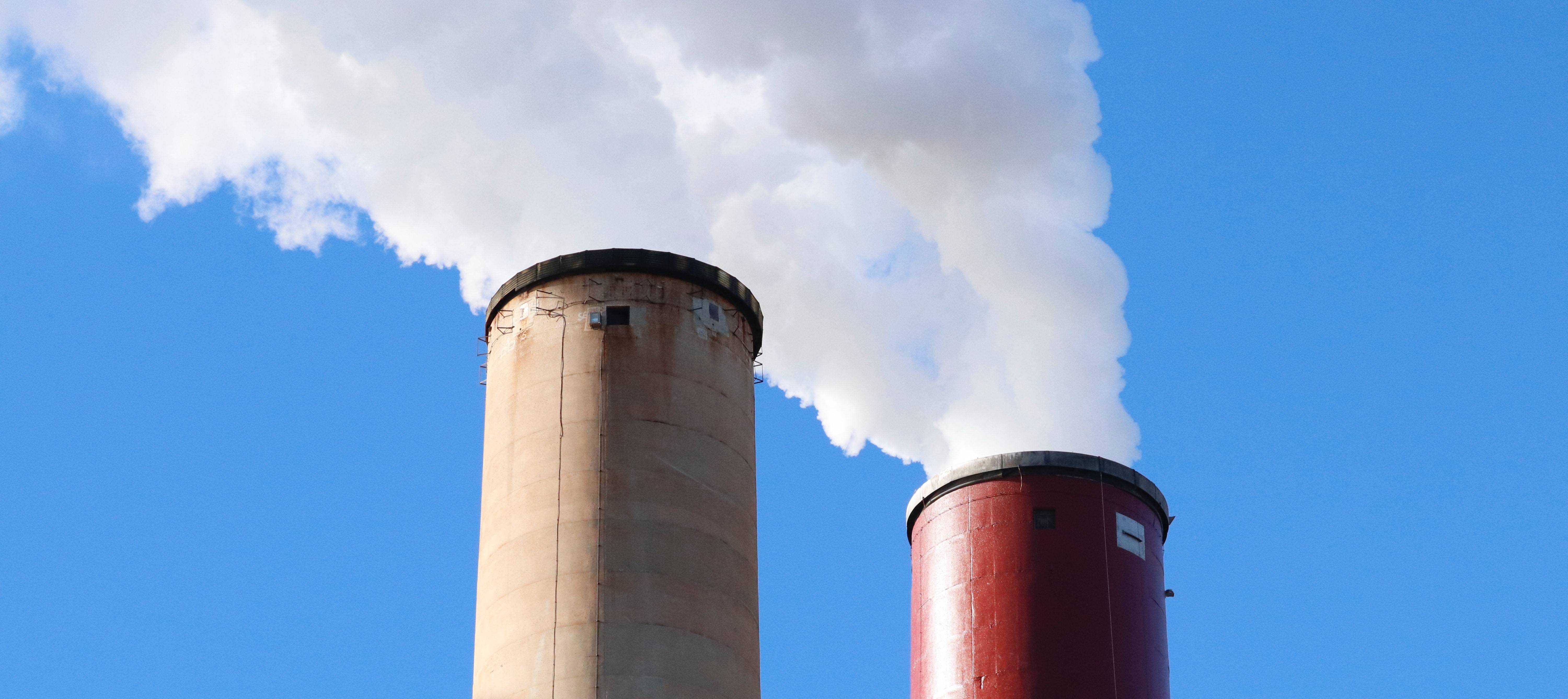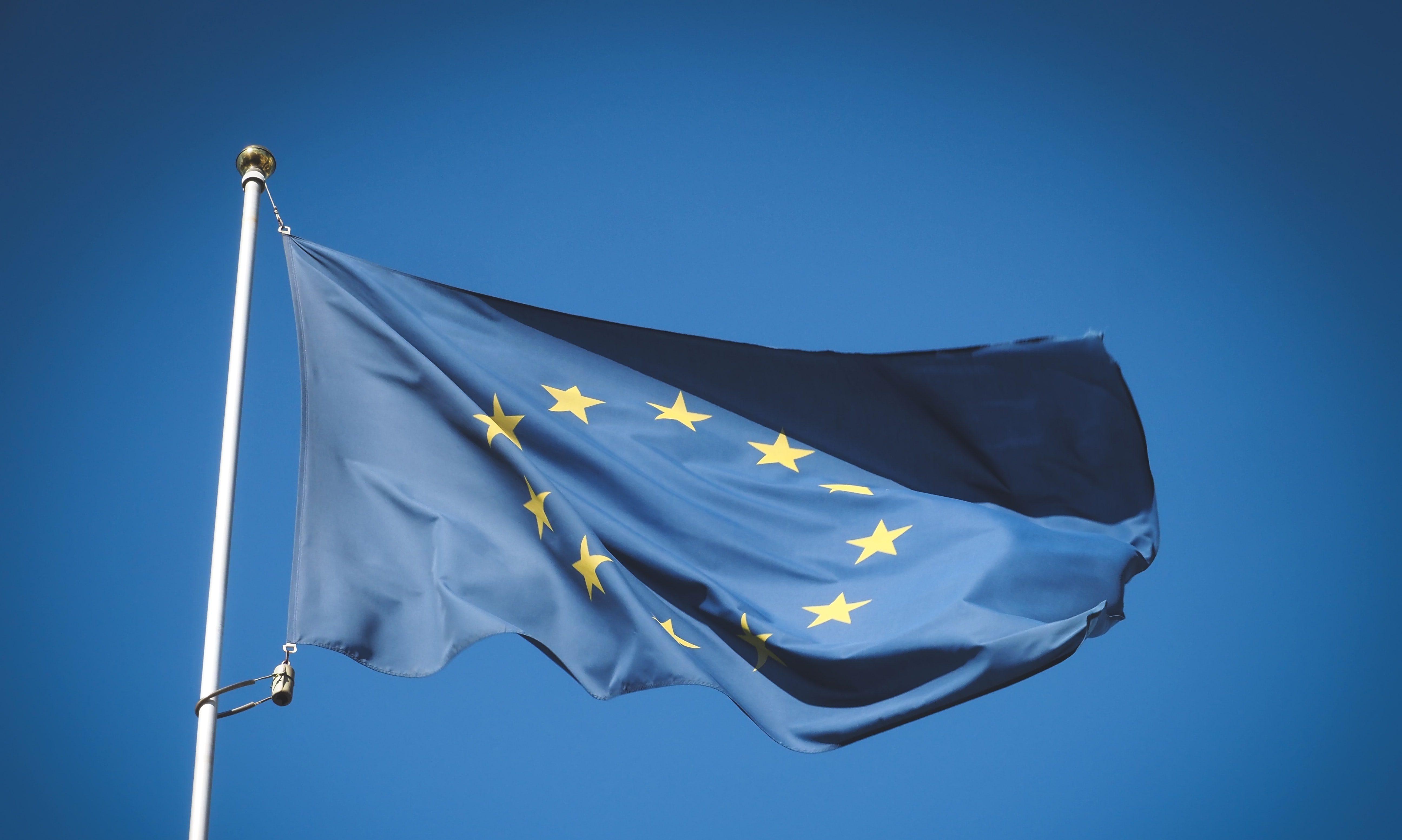ESG Reporting
Climate risk assessment in construction & real estate – Understanding risks, building resilience
ESG Reporting
The significance of the VSME standard before and after the Omnibus proposal
ESG Reporting
The Omnibus proposal: Everything companies need to know now
ESG Reporting
XBRL tagging: the digital future of financial and ESG reporting
Envoria
"Zukunft beginnt im Kopf" – Interview with Prof. Dr. Ternès von Hattburg
ESG Reporting
ESRS data points: Guide for successful CSRD reporting
Envoria
Envoria and Contavio merge to build a premier brand for integrated ESG and financial reporting
ESG Reporting
7 steps to your EU Taxonomy climate risk assessment
ESG Reporting
Understanding the climate risk assessment for EU Taxonomy compliance
Envoria
Envoria becomes official “Friend of EFRAG” for sustainability reporting
Envoria
Workation at Envoria: An experience report
Envoria
Balancing studies and work as a working student at Envoria
Envoria
Vodafone Business partners with Envoria to launch new ESG Navigator
Envoria
Inside the life of an ESG Consultant at Envoria
ESG Reporting
How to solve your company’s Scope 3 reporting challenges
Envoria
Envoria joins SXSW 2024 in Texas as part of the Munich delegation
ESG Reporting
10 arguments that will convince your board to implement ESG reporting software
Envoria
PwC Germany and Envoria enter into cooperation for ESG reporting
ESG Reporting
German Supply Chain Act (LkSG): The importance of risk analysis incl. practical tips
ESG Reporting
The top 3 challenges of the German Supply Chain Act (LkSG) and how to overcome them
ESG Reporting
Carbon offsetting vs. avoidance: Which strategy wins for climate protection?
ESG Reporting
Your guide to the ESRS double materiality assessment
ESG Reporting
The ultimate cheat sheet for emission management
ESG Reporting
Sustainability reporting in healthcare and hospitals
ESG Reporting
6 steps to your ESG materiality assessment
ESG Reporting
The EU Taxonomy environmental objectives 1–6 explained
ESG Reporting
4 steps to successfully manage your company’s emissions
Financial Reporting
10 criteria to consider when choosing an IFRS 16 software
ESG Reporting
The power of science-based targets (SBTs): Achieving sustainability goals
Financial Reporting
5 arguments to choose Envoria for your IFRS 16 reporting
ESG Reporting
EU Sustainable Finance Framework: How are the EU Taxonomy, CSRD, and SFDR related?
ESG Reporting
Net-zero, carbon-neutral & co: The emissions dictionary
ESG Reporting
EU Taxonomy examples to better understand the reporting process
ESG Reporting
The German Supply Chain Act (LkSG) defines corporate due diligence obligations
ESG Reporting
What does the EU Taxonomy mean for the construction and real estate industry?
ESG Reporting
4 steps to report on the EU Taxonomy
ESG Reporting
Turnover, CapEx and OpEx in the context of the EU Taxonomy
ESG Reporting
5 common mistakes to avoid in your first ESG report
ESG Reporting
Corporate Sustainability Due Diligence Directive (CSDDD): What does it mean for your business?
Envoria
Newly founded data hub OpenESG facilitates collection of ESG data
ESG Reporting
Non-financial reporting directive (NFRD): The most important facts
ESG Reporting
How to identify your EU Taxonomy business activities
Financial Reporting
Your free IFRS 16 Leases Calculation Template
ESG Reporting
What is double materiality in the CSRD?
ESG Reporting
All you need to know about the Corporate Sustainability Reporting Directive (CSRD)
ESG Reporting
The rebuttable presumption and its implications for sustainability reporting
ESG Reporting
Sustainable Finance Disclosure Regulation: How the SFDR impacts your business
Financial Reporting
Your free IFRS 16 Leases Disclosures Template
ESG Reporting
Will the ESRS replace the GRI as the gold standard in sustainability reporting?
Envoria
Envoria and firesys simplify annual reporting and ESG reporting
ESG Reporting
How will the European Sustainability Reporting Standards (ESRS) affect your company?
ESG Reporting
The EU Taxonomy in the international context of sustainability standards
ESG Reporting
The GRI Standards: The most widely used sustainability reporting framework
ESG Reporting
What are the GHG Protocol and scope emissions?
Envoria
Seed financing in the millions for Envoria
ESG Reporting
CSR Directive Implementation Act (CSR-RUG) at a glance
ESG Reporting
What is the Eco-Management Audit Scheme (EMAS)?
ESG Reporting
The 17 Sustainable Development Goals (SDGs)
ESG Reporting
The UN Global Compact (UN GC) and its meaning
ESG Reporting
The UN PRI – Principles for Responsible Investment
ESG Reporting
The impact of unstandardized data on ESG reporting
ESG Reporting
How transparency prevents greenwashing
Envoria
Envoria launches ESG Update E-Mail Newsletter
ESG Reporting
What is the EU Taxonomy and which companies are required to report?
Envoria
How climate friendly is Envoria?
ESG Reporting
The Sustainability Code (DNK)
Envoria
Envoria includes new EU regulations for gas and nuclear activites
Envoria
WTS and Envoria form strategic partnership for ESG reporting
ESG Reporting
EU Taxonomy: The first 2 environmental objectives
ESG Reporting
What is a ton of CO2?
Envoria
Envoria is joining the GRI Community
ESG Reporting







































































